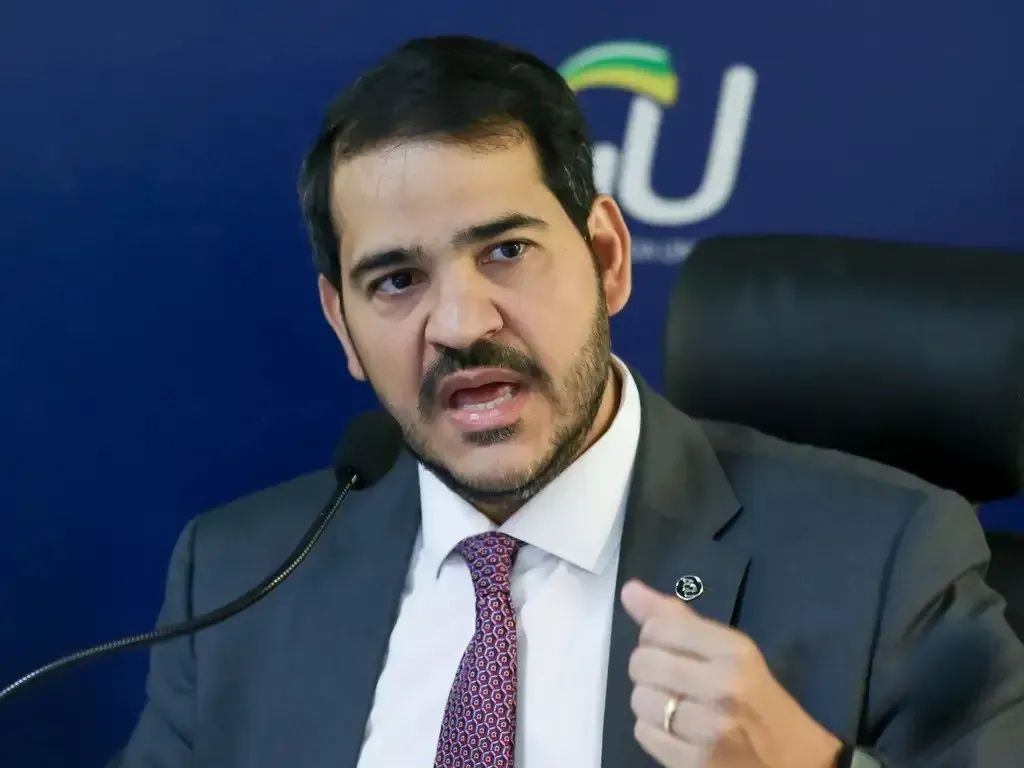(Analysis) This week, Jorge Messias of Brazil’s Attorney General’s Office took a decisive step that stirred national debate.
By forwarding a document to the Supreme Federal Court, he initiated a process that could redefine the boundaries of press freedom in Brazil.
This document, crafted under the administration of President Luiz Inácio Lula da Silva, proposes to criminalize the disclosure of certain judicial information.
This action was a response to events involving Elon Musk, the high-profile owner of X and Tesla.
Musk had recently criticized the Brazilian Supreme Court and Justice Alexandre de Moraes for opposing free speech.
Following his critique, a U.S. journalist shared internal X documents on social media.

These papers contained sensitive details from Brazilian courts, triggering a legal scrutiny by the AGU.
Messias’s move suggests a broader intent to curb the release of judicial secrets, potentially affecting any journalist revealing such information.
Typically, investigations are confidential to ensure effectiveness, yet it is common for insiders to leak details that become public knowledge.
The AGU’s stance seems to contradict this norm by holding journalists accountable for sharing confidential data.
Moreover, Messias argued that revealing these secrets might undermine Brazil’s state security, as defined in the 1988 Constitution.
This legal stance seems to keep the investigation under the control of Moraes, known for probing into coup attempts.
Brazil’s Press Freedom Faces Legal Challenges
This scenario mirrors a past confrontation when in 2004, Lula’s government tried to expel journalist Larry Rohter, who had reported on the president’s alleged drinking habits.
The decision was later overturned by the Superior Court of Justice, showcasing the tension between government actions and journalistic freedom.
Such incidents underline the ongoing struggle between state interests and the freedom of the press.
They remind us of historical precedents like the Pentagon Papers, which highlighted the role of journalism in challenging governmental oversight.
As Brazil navigates these complex waters, the world watches closely, recognizing the critical role of a free press in maintaining democratic integrity.

